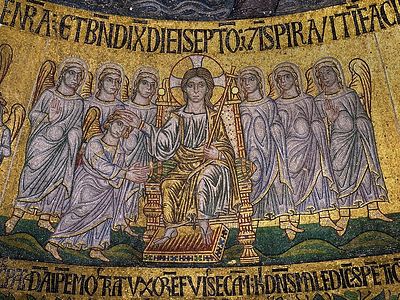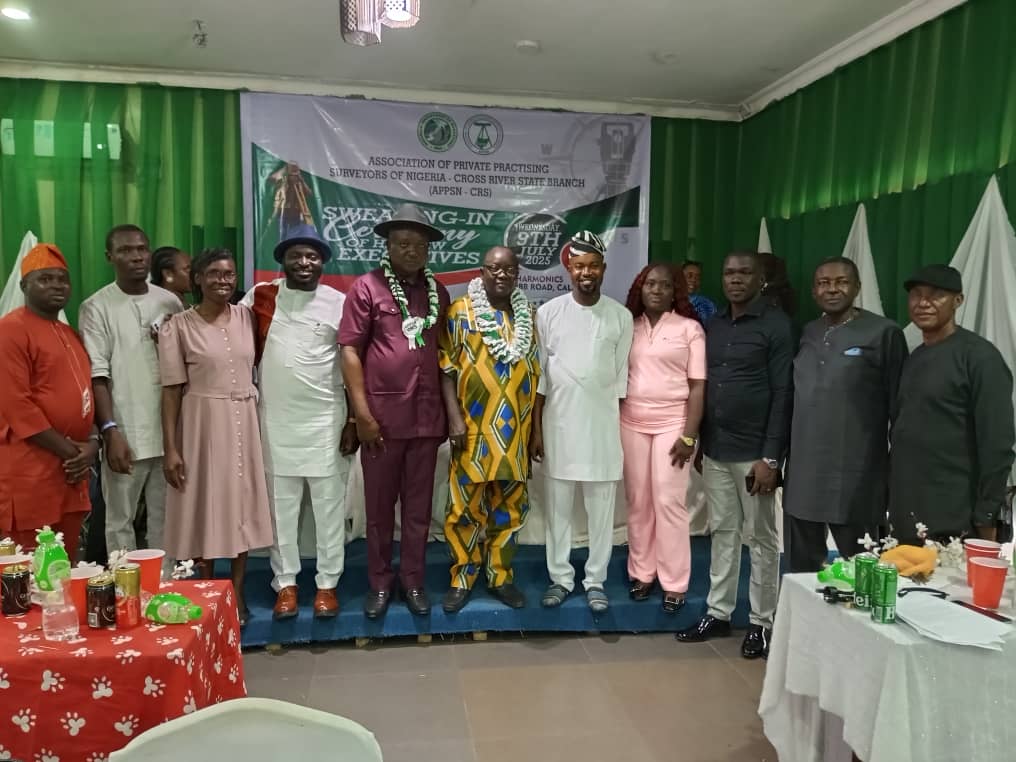Today we commemorate the  Nativity of Our Lord and Savior Jesus Christ
Nativity of Our Lord and Savior Jesus Christ
The Nativity of our Lord Jesus Christ is unmatched in the annals of history. The Lord God Pantocrator, who created both the visible and invisible worlds with a single utterance, humbled Himself to take on human flesh through the Most-blessed Virgin Mary, being born in a cave and laid as a vulnerable infant in a manger.
Such an event left Heaven awestruck; even the ends of the earth trembled. A monumental miracle had occurred, one beyond the grasp of both humanity and even the loftiest of celestial beings.
For what reason did the Lord descend to our world?
The answer is singular: to redeem mankind. This act signifies that humanity holds particular worth in the eyes of God, who would not have resorted to such a means of salvation for anything deemed inconsequential or insignificant. A millennium prior to Christ’s Nativity, King and prophet David pondered in amazement [in Psalm 8: 4–5]: O Lord, what is man, that Thou art mindful of him? And the Son of man, that Thou visitest him? For Thou madest him a little lower than the Angels, and hast crowned him with glory and honor?
How awe-inspiring it is to stand in reverence before the Lord and ask: Lord, what is man that Thou wouldest not scorn a virgin womb, that Thou wouldest conceal Thy Divinity and choose to be called a man?
So, who is man? The Word of God declares him to be God’s finest creation, the bearer of His image.
God is humble; hence, we should emulate humility. The Scriptures tell this story—God is capable of everything, and without Him, we can achieve nothing. If God can create from nothing, He is infinitely beyond us. It is pivotal to seek out humility in every scripture and every aspect of our lives. We often hear these passages and tend to gloss over them, but contemplating their profound meaning about God and ourselves will guide us to find humility, a necessary starting point for spiritual growth.
What was created by God’s mighty word? God commanded: Let there be light: and there was light… (Genesis 1:3) Let the earth produce grass, herbs yielding seed, and trees bearing fruit… (Gen. 1:11) and it was so. God said: Let the waters teem with living creatures, and let birds fly above the earth across the heavens… (Gen. 1:20). Everything came to be as pronounced by God.
Once creation was orderly, God, after deliberation, turned to form man, inviting the other Persons of the Holy Trinity to partake in this decision. As stated: Let Us make man in Our Image, after Our Likeness… (Gen. 1:26). Then God crafted man from the dust of the earth and breathed life into his nostrils… (Gen. 3:7).
The  Creation of Man led to queries such as the significance of the Sabbath observance established in Genesis, why the idea that the human soul resides in blood is erroneous, and why Eve was created from Adam’s rib.
Creation of Man led to queries such as the significance of the Sabbath observance established in Genesis, why the idea that the human soul resides in blood is erroneous, and why Eve was created from Adam’s rib.
God’s intentional act in creating man involved shaping his body first and then infusing it with the “breath of life,” representing a sharing of His Divine Essence. This is why the Psalm (Ps. 82:6 KJV/81:6 Septuagint) reflects that God speaks of humanity: I have said, ye are gods, and all of you are sons of the Most High… Jesus Christ confirmed this truth in His response to the Jews who accused Him of equating Himself with God by calling Him Father, stating: “Is it not written in your law, I said, Ye are gods… and the scripture cannot be broken… (John 10:34–35). Therefore, man embodies the image of the invisible God, containing a “fragment” of Divinity within.
Before the Fall, man was exquisite and radiant, and his beauty was even further amplified after redemption; as expressed by Saints who have witnessed heavenly mysteries, such as Makarios of Egypt: “Nothing in existence is more exquisite than the human soul on earth or in Heaven.” Man was destined for bliss, yet due to the devil’s envy, he fell, turned away from God, willingly aligning with the slanderer, the devil, seeking knowledge of both good and the previously unknown evil. Straying from God, he faced the divine decree: “Thou shalt die.”
Following the Fall, Adam and Eve encountered spiritual desolation. Their reasoning became muddled, their will perverse, and their hearts twisted. Once endowed with a celestial body, they were now reduced to a crude state, akin to that of cattle. Their transgression cursed the earth, leading them to sorrow and the understanding of evil—a knowledge they sought through the devil’s deceit. As humanity grew, so did its darkness and moral decay.
To prevent mankind from despairing completely and perishing, the Lord promised a future savior from the lineage of a woman (not a man)—Christ, born of a Virgin, through the Holy Spirit—who would vanquish the serpent and redeem humanity. This pivotal event is what we now celebrate. The Lord, moved by compassion for His creation, descended to our world to rescue the lost sheep from peril. His descent aimed to restore us to Heaven. He embodied humanity, bearing the sins of all, as “God so loved the world that he gave his only begotten Son…”
Jesus Christ unlocked the gates of paradise that had been closed. He reconstructed the spiritual ladder through which man might ascend to Heaven.
By taking on human form, the Lord elevated mankind above the Angels and adorned him with a glory that surpasses even that of Adam in Paradise prior to the Fall.
If we genuinely embody the teachings of Jesus Christ, who came for our benefit, we shall also be with the Lord, as He assured His disciples during their final conversation before His Ascension. The Lord promised that those granted entrance into the Kingdom of God would shine like the sun.
On Mount Tabor, the Lord unveiled man’s future glorification. His visage radiated like the sun, and His garments glimmered like lightning. This external brilliance was merely a glimpse of the immense glory contained within, as captured by the prophet: The king’s daughter is all glorious within… (Psalm 45:13 KJV/ Ps.44: 13 Septuagint).
1945








